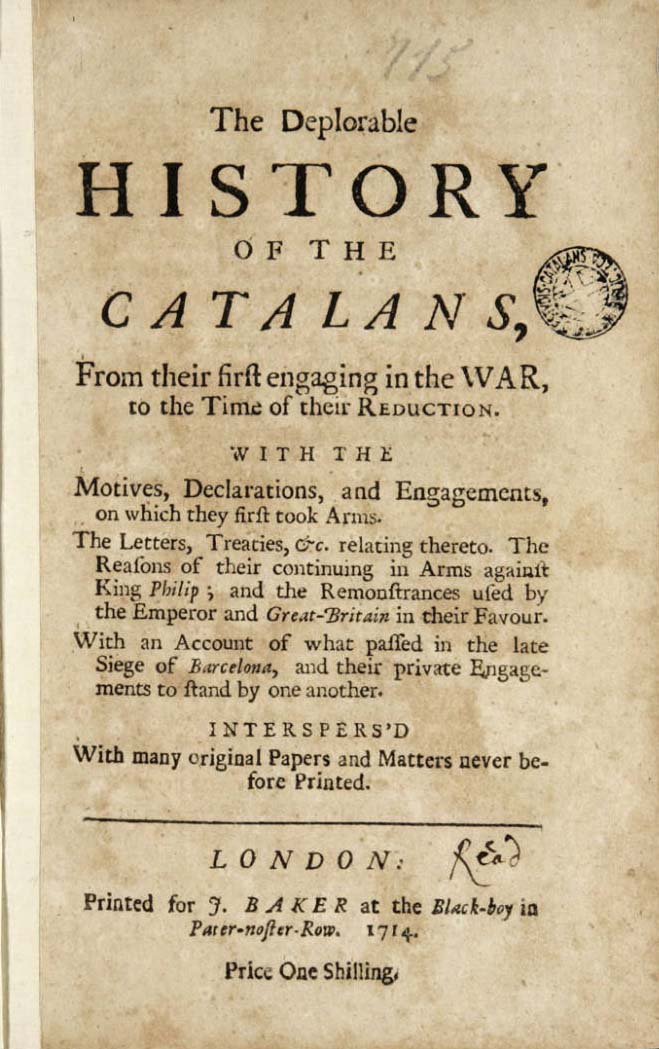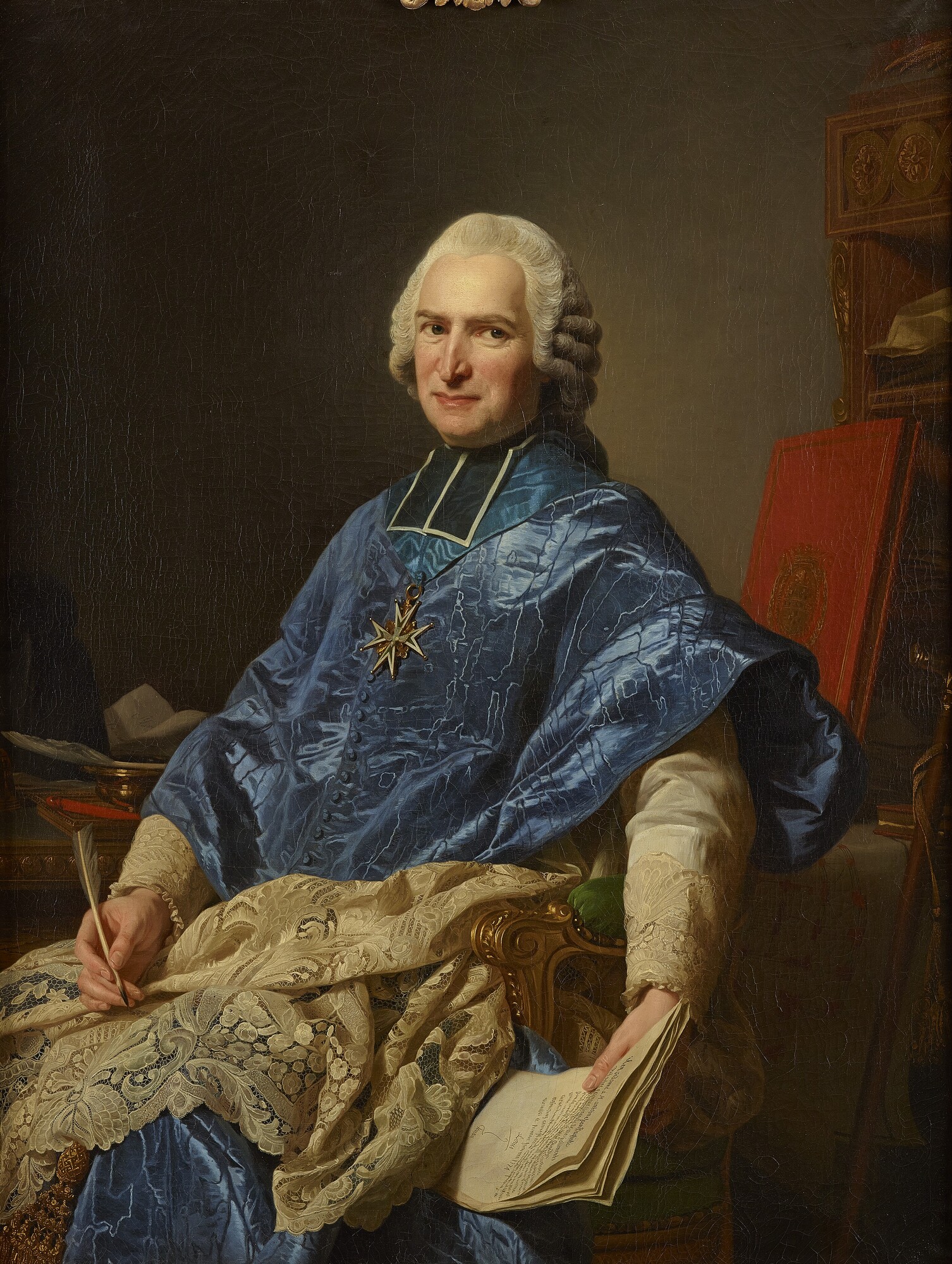 AM | @HDI1780
AM | @HDI1780"Interest is raised by defective enforcement of contracts" — Adam Smith
Rejoice, Adam Smith fans! In a working paper just released by NBER, economist Douglas A. Irwin rightly emphasizes the key role played in the Wealth of Nations by the security of property rights [1]. That security, in turn, depends on the organization of the judiciary and on the degree to which judges are independent from the executive power. For a number of years now, I have been promoting this interpretation of Adam Smith's thought in my blogs: 1, 2, 3, 4. This is the reason why I bought this piece from NBER as soon as news of its release hit my Twitter list.
The most important contribution of the paper, at least from my perspective, is that it brings together most of Smith's statements on the importance of "a tolerable administration of justice". This is an invaluable service to those who lack access to a good academic library (and such is my condition at the present time). Thus, Mr. Irwin quotes not only from WN, but also from the Theory of Moral Sentiments, Lectures on Jurisprudence and Letters on Rhetoric and Belles Lettres. Great stuff indeed!
* * *
For all my enthusiasm about Mr. Irwin's paper, I cannot help to conlcude that a major point about the link between the administration of justice and the wealth of nations has been left out of the piece. I am referring to what I have dubbed the "institutional theory of credit markets". As readers of Histoire des deux Indes know, Smith saw a causal relationship between the quality of governance —as epitomized by a sound judiciary— and the supply of credit. I will not say more since I will be making a presentation on this very topic at the Colloque Économie et Politique chez Ferdinando Galiani, Institut des Sciences de l'Homme, Lyon (France), January 29, 2015 [2].
However, this brings up my second major problem with the paper as it stands. There is not a single reference to Smith's french sources. How is that possible? This omission is all the more glaring since his views on the importance of judicial independence are derived precisely from ... Montesquieu. In WN.i.9 Smith acknowledges Montesquieu's views on the link between usury and the lack of personal security. A short sentence on top of that key paragraph neatly summarizes Smith's institutional theory of credit markets:
Interest is raised by defective enforcement of contracts.
As I have demostrated in my book on Histoire des deux Indes, Smith is even more indebted to Raynal and Diderot, although he isn't quite as sincere on this point [3]. Indeed, Smith's important remark about justice and high interest rates in Bengal comes straight from the first edition of HDI, which he bought in London in 1773. All in all, Mr. Irwin's paper is an extremely useful addition to the study of the Adam Smith's economic and political ideas. Mais il faut savoir parler français!
[1] Douglas A. Irwin: "Adam Smith's 'Tolerable Administration of Justice' and the Wealth of Nations", Working Paper 20636, National Bureau of Economic Research, October 2014.
[2] Agustin Mackinlay: "Ferdinando Galiani and the 'Institutional Theory of Credit Markets'", Colloque Économie et Politique chez Ferdinando Galiani, forthcoming.
[3] Agustin Mackinlay. La Historia de las dos Indias. El 'best seller' que cambió el mundo. Barcelona, 2013.
____________












.jpg/200px-J.N._D%C3%A9meunier_(1751-1814).jpg)



